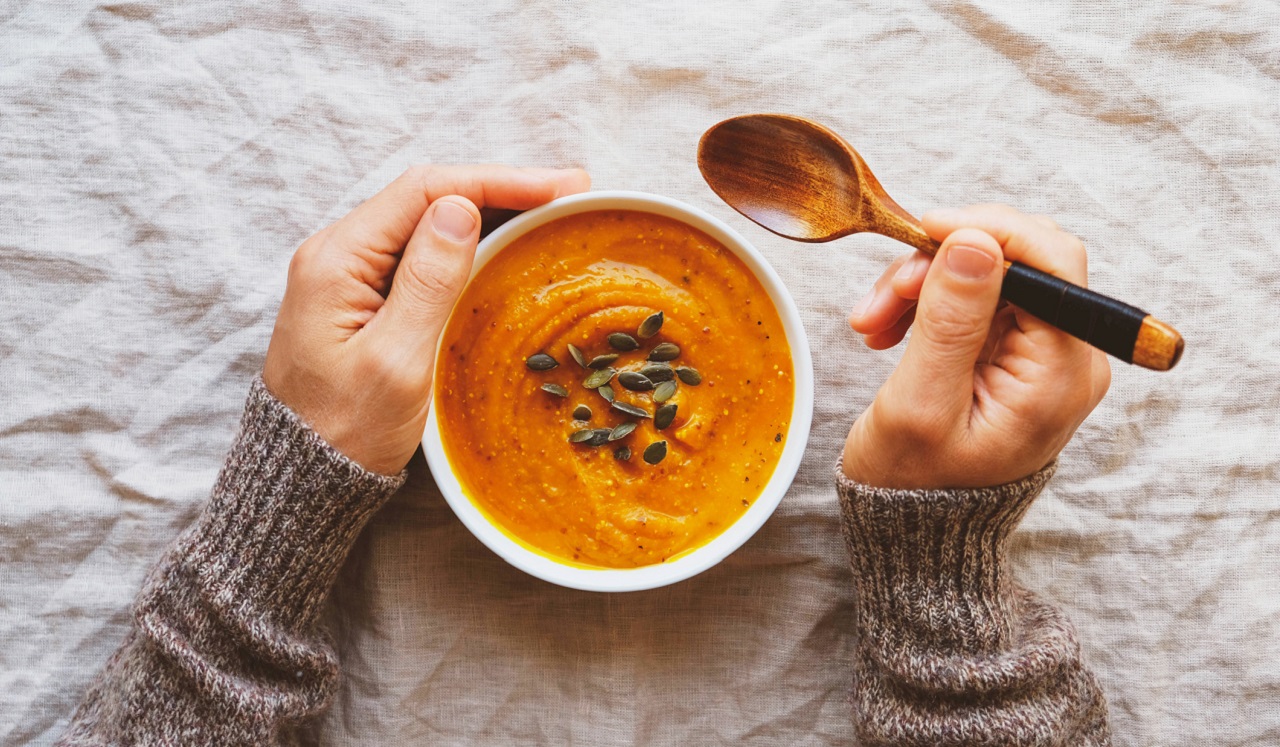February 2, 2021
We eat; therefore, we are. Eating is not just sustenance, but also a source of joy and comfort.
So, if you lose your sense of taste and smell, even temporarily, you may feel lost or confused about what to eat and how much.
Those senses are close companions, hard to separate and each vital to your enjoyment of food. Now what?
The sense-stealer may be coronavirus, but other ailments such as flu and upper respiratory infections also can dull taste and smell. They cause congestion while inflaming your sinuses and nasal passages. That in turn suppresses neurons, the cells that receive and process sensory input from the world outside your body. The good news is those cells can regenerate—in as little as a week but sometimes taking as long as 9 months.
If the culprit is smoking, advanced age or medical treatments, such as chemotherapy and radiation, the journey may be longer.
“In the meantime, it’s important to get optimal nutrition even if you’re not enjoying eating as much as you normally would,” says Chelsea Johnson, MS, RD, LD, CBC, clinical dietitian at Memorial Hermann Cypress Hospital. “Optimizing your nutrition can help optimize your health.”
Her tips include:
Make peace with your plate. Follow the U.S. Department of Agriculture’s MyPlate guidelines. Fill half your plate with fruits and vegetables and a quarter each with protein and high-fiber carbohydrates.
That doesn’t mean you should go hog wild. Highly nutritious proteins can include salmon, chicken, lentils and tofu—not just beef or pork, Johnson says.
And seek out high-fiber carbs such as whole grains including brown rice, chickpeas or pinto, navy, black or edamame (soy) beans. Not only are they nutritious, but they also can be high-texture, which appeals to a sense you haven’t lost.
Don't skip meals. If you’re sick with COVID-19, rather than force yourself to eat, look to liquids, such as soup, smoothies and meal replacement drinks. “It’s easier to sip than chew if you’re struggling,” she says.
Spice it up. Cinnamon, ginger, cumin, garlic powder, black pepper and chili peppers are delicious and healthy—unlike sugar and salt, which may boost your weight and blood pressure. Also, season with lemon or lime juice and vinegar, as acids may awaken tastebuds.
Set the scene. Candles and mood music may entice—and relax—you. Also rev up your appetite with anticipation: Plan healthy meals in advance, Johnson says. “Spur of the moment decisions tend to lead to temptation, rather than healthy fare.”
Be patient. “It can be frustrating, but usually your senses of taste and smell will return,” she says. “For most people that takes a week or so, though it may take up to 9 months for a minority.”
If dulled senses persist after you’ve recuperated from the coronavirus, consider alerting your primary care physician or ear, nose and throat doctor.
And, in the meantime, she suggests, “Find alternatives to food to deal with stress.”


